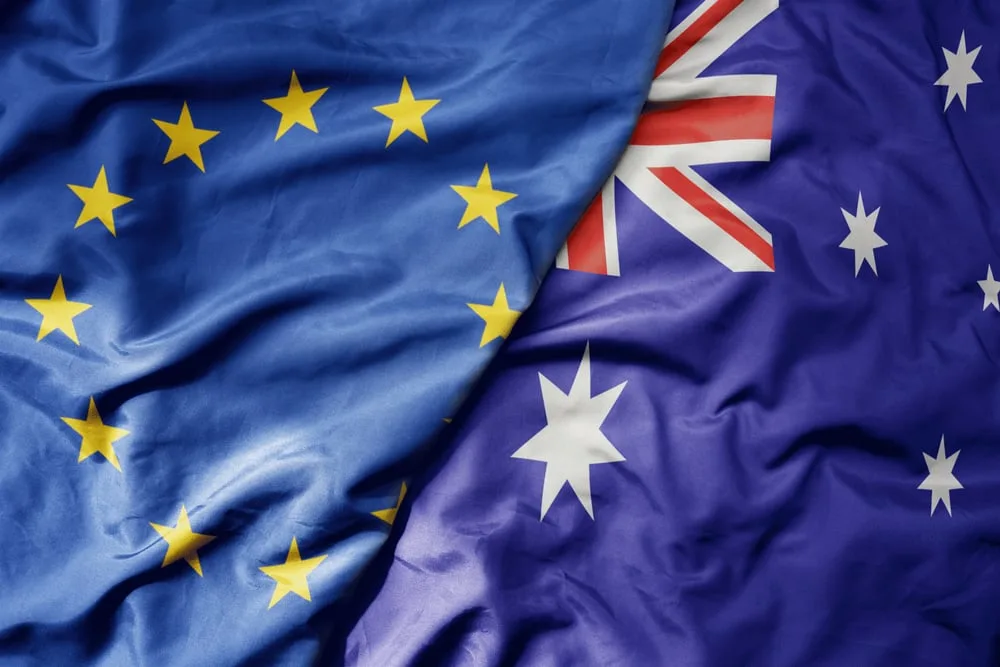The EU-Australia trade deal negotiations have come to an impasse, causing disappointment after prolonged discussions. The trade talks, which commenced in 2018, spanned various sectors, including chemicals and cosmetics but repeatedly encountered obstacles, primarily concerning market access for Australian agricultural products like beef and lamb.
The recent failure in Brussels, with Australia’s concern about inadequate access to the European market for its agricultural goods, marks a significant setback. Murray Watt, Australia’s Agriculture Minister, expressed doubt about the immediate resumption of talks, hinting at a potential delay until after the 2025 general election.
EU Trade Commissioner Valdis Dombrovskis appeared to hold Australia responsible, suggesting that Australia reneged on previous commitments. Despite this setback, he expressed the EU’s willingness to continue negotiations, emphasizing the importance of realistic expectations and a balanced approach that respects both farmers and the food system’s sustainability.
Key areas of contention included the extent of market access for Australian exports like lamb, beef, and sugar. Geographic indicators for products such as feta, parmesan, and Prosecco were also in dispute, although EU officials offered some compromises for continued usage under specific conditions. Simultaneously, the EU aimed to secure better access to Australia’s critical mineral resources, reducing dependence on Russia and China for components in clean-energy production.
A successful agreement would have provided trade diversification opportunities for both the EU and Australia. Australia sought to reduce its dependence on China by tapping into new export markets for its farm and mining products. As the EU ranks as Australia’s third-largest trading partner, after China and Japan, the collapse of negotiations underscores the complexities in the EU’s pursuit of far-reaching global trade agreements.
